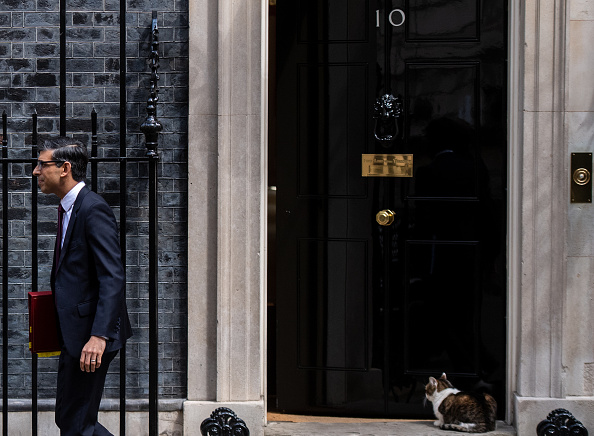The government cannot – and should not – intervene after every mishap

Calls for some kind of mortgage relief are understandable. The hit to some homeowners, dealing with rapidly increased monthly payments, will be significant. But the government is absolutely right to resist the easy way out of bunging a few quid at mortgage-holders to make the problem go away, and ease their election woes.
Britain has become obsessed with taxpayer-backed quick fixes; we have certainly, since the onset of Covid-19, seen enough of them. Many have had merit: the furlough scheme, for instance, was cooked up in the course of a few evenings and had the double merit of avoiding mass unemployment and staving off what would have been social unrest.
Others have had less merit: the various interventions on the price of energy have at once distorted the market and been ruinous for the UK’s credit worthiness. At some point we have to move away from sticking plaster politics and panic button economics: the state is not the answer to difficult days.
Politically unpalatable though it is, sometimes – and this counts as something like heresy these days – markets correct. There is no question that the Bank of England has made a quite tremendous cock-up of this inflationary cycle, but it is not on the taxpayer nor the government to fix that; if banks wish to change their terms or offer interest-only payment options, as Labour are proposing, then they can do that on their own terms. But our addiction to ‘something must be done’ is turning Britain into an ungovernable banana republic of handouts, electoral giveaways and incoherent short-termism.
Housing is fundamentally a cost-of-living issue; always has been, always will be. Higher interest rates are a problem for homeowners because they’ve been forced to leverage to the hilt to buy, especially in London and the south-east.
And yet a lack of political willingness to build, baby, build continues to pervade. It is time for long-term solutions to long-standing problems.